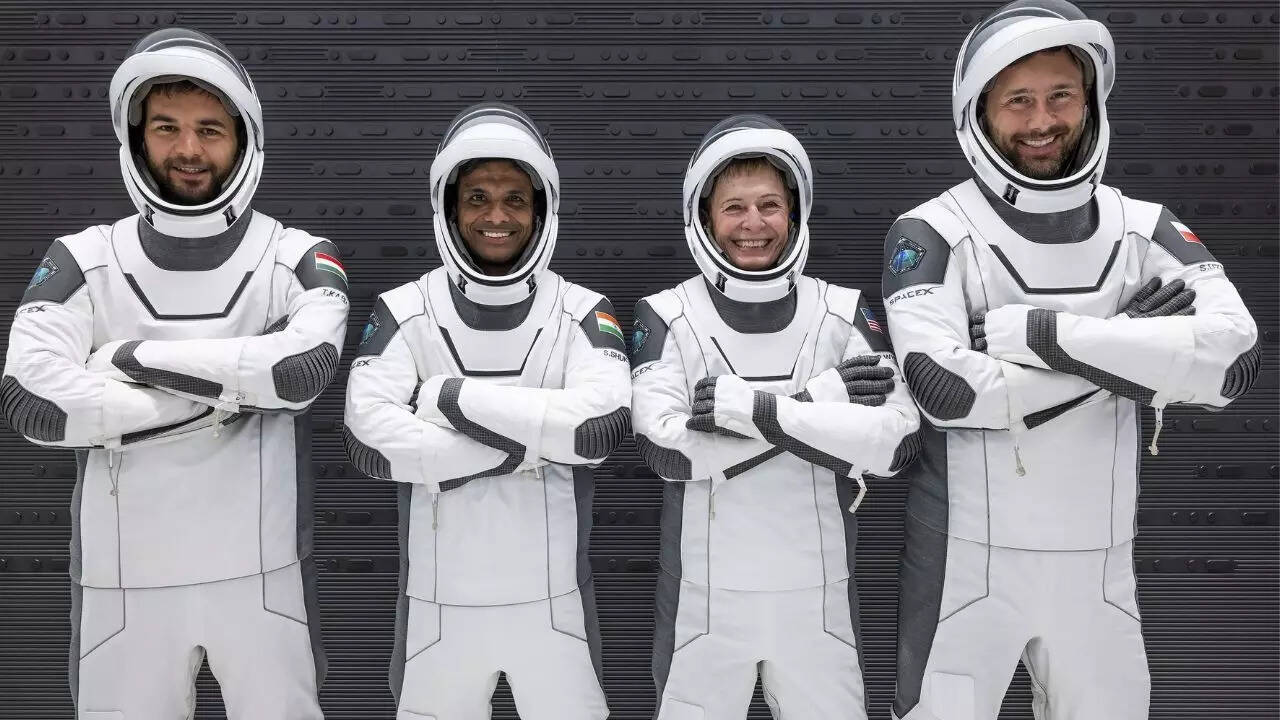Shubhanshu Shukla's Axiom mission postponed: SpaceX detects LOx leak; Falcon 9 liftoff on hold pending repairs

Breakthroughs in neuroscience reveal a brain 'dial' distinguishing reality from imagination, while injured skin cells mimic neurons to signal distress. Innovations also include a smart menstrual pad detecting health markers, showcasing cutting-edge science improving understanding and healthcare.

All major sources, one page
Feel the mood behind headlines
Know what’s trending, globally
Get summaries. Save time
9,320
156
211
2 hours ago
Get instant summaries, explore trending stories, and dive deeper into the headlines — all in one sleek, noise-free mobile experience.
Stay sharp in 60 seconds. Get concise summaries of today’s biggest stories — markets, tech, sports, and more
All major sources, one page
Feel the mood behind headlines
Know what’s trending, globally
Get summaries. Save time
9,320
156
211
2 hours ago
Get instant summaries, explore trending stories, and dive deeper into the headlines — all in one sleek, noise-free mobile experience.
Stay sharp in 60 seconds. Get concise summaries of today’s biggest stories — markets, tech, sports, and more